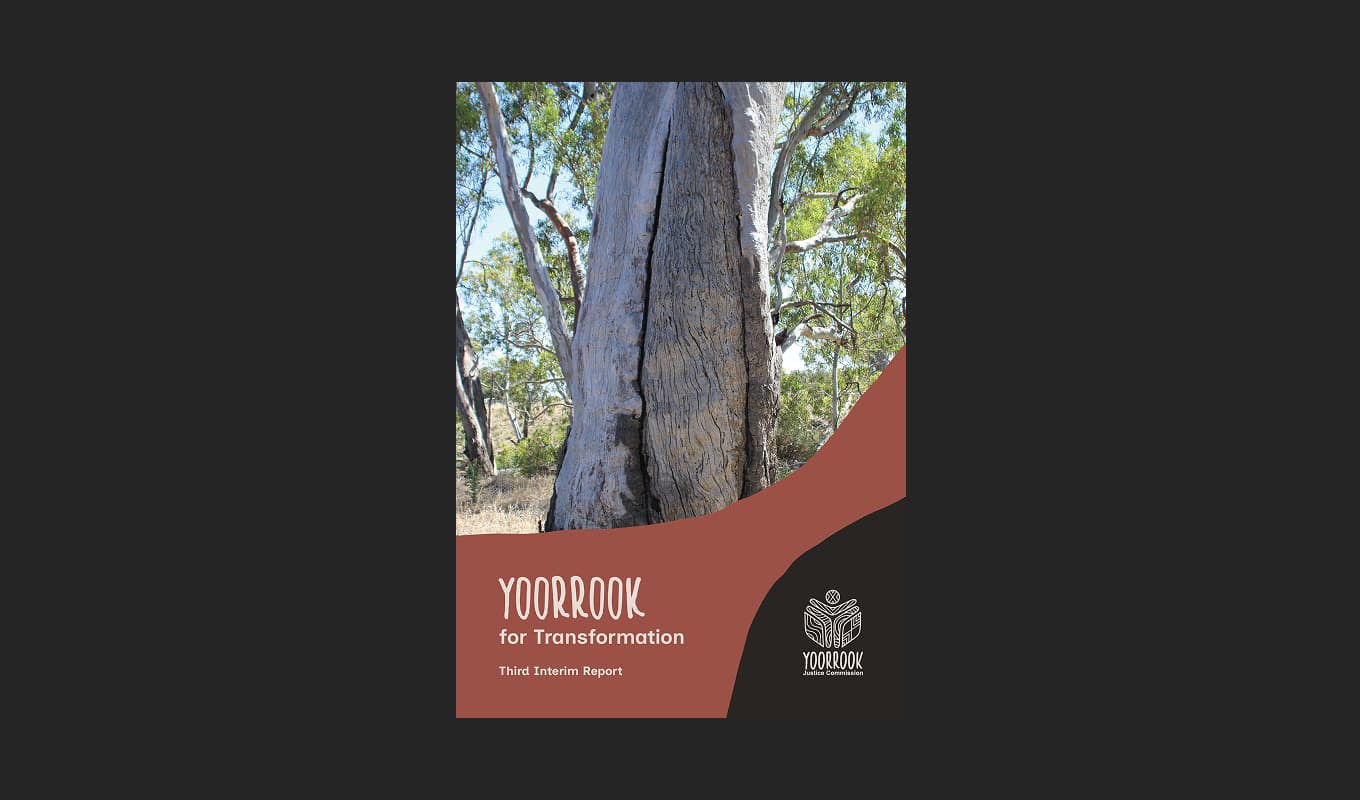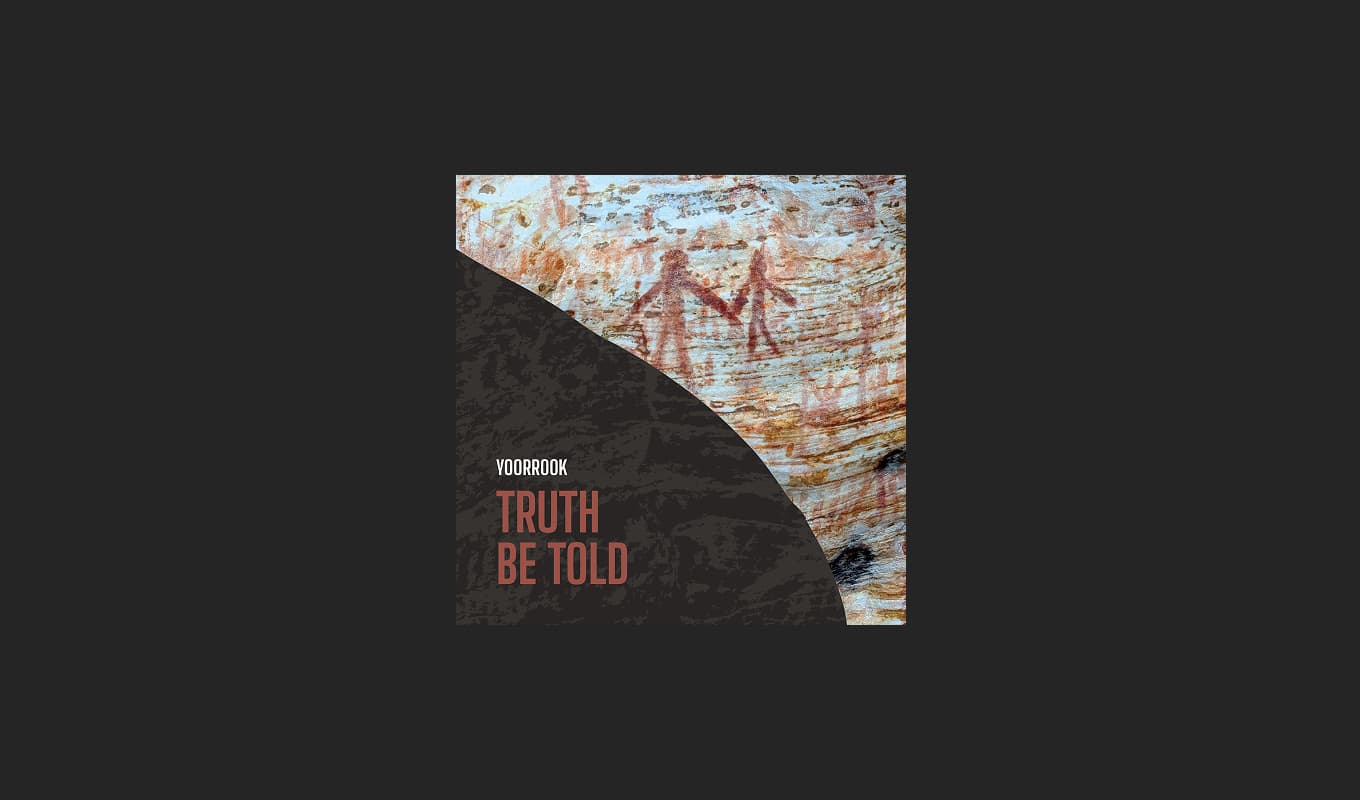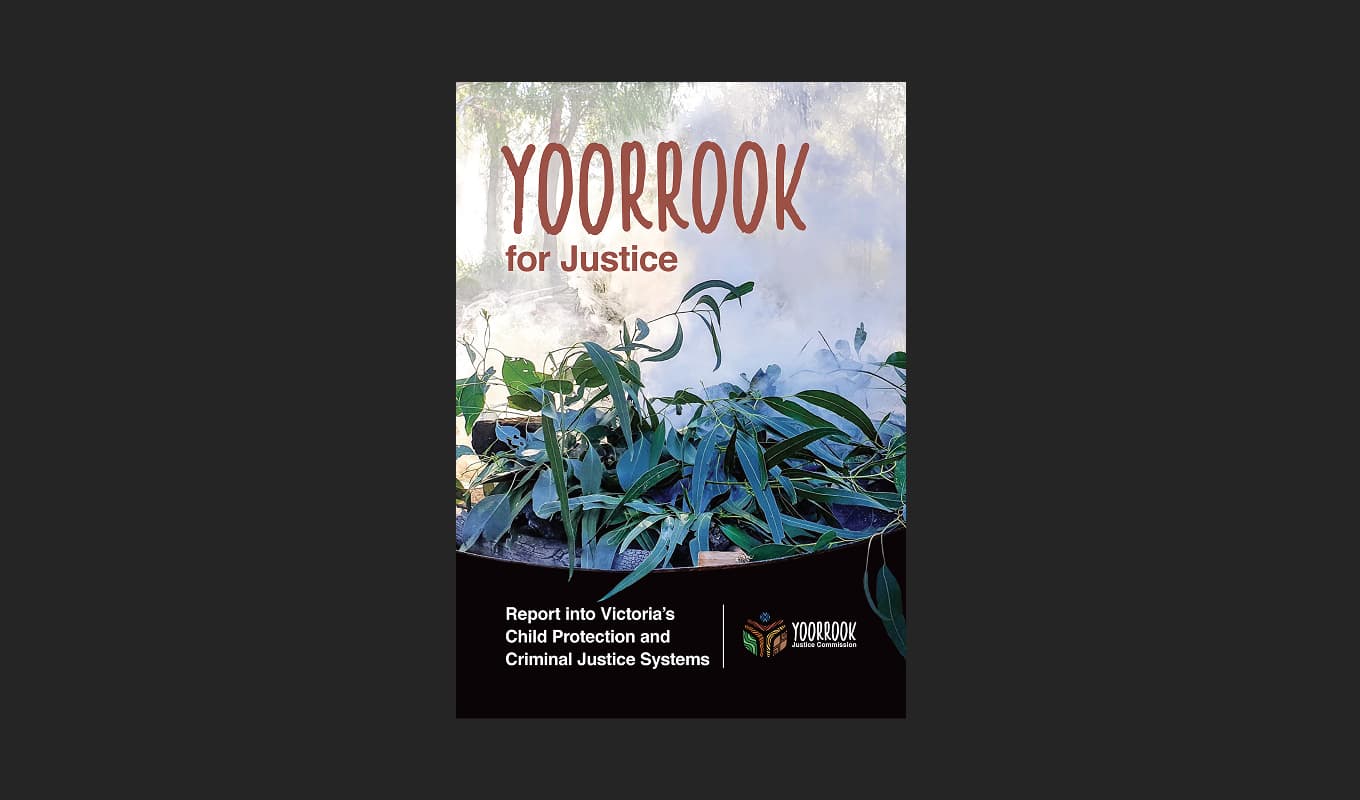Anne Elvey
Anne Elvey has learned about the colonisation of Victoria, including the resistance of First Peoples and the impacts of dispossession and disease. She criticises the education system for its lack of comprehensive First Nations history and advocates for truth-telling, better education, and support for Indigenous leadership and culture.
Submission Transcription
I have learnt a few things but there is much I don’t know. In 1803 there was a short-lived settlement on Bunurong/Boonwurrung Country near Seaford. The diary of Irish-born British mariner James Hingston Tuckey mentions a number of things, including the resistance of First Peoples, visual evidence of the marks of smallpox, and the luxuriant grasslands on the Peninsula. This attempt at colonisation on Bunurong/Boonwurrung Country failed. Whalers landed in Victoria and Bunurong/Boonwurrung women were taken away from Country to Flinders Island and even as far as South and Western Australia. Some of these women’s descendants have returned to Bunurong/Boonwurrung Country and are strong leaders today. During the nineteenth century, British colonisation of Victoria, at first the southern part of the colony of New South Wales, led to dispossession, dislocation and the health impacts of imported diseases. Missions were set up at Coranderrk, Lake Tyers, Framlingham and Cumeragunjah. I have listened to stories of Wurundjeri and Yorta Yorta advocacy and resistance in the face of colonial invasion, both for the return of children and land. I have met members of the Stolen Generation. I have read of the massacres especially on Gunaikurnai Country and the involvement there of Angus McMillan in this criminal activity. The churches are implicated in colonial invasion. On the whole they have failed to return land to traditional owners and have failed to honour First Peoples self determination. Another aspect of colonisation of Victoria has been the environmental damage that has accompanied the dispossession of First Peoples. This is a little of what I have learnt about the colonisation of Victoria and its impacts on First Peoples. I understand colonial invasion as an ongoing process that continues into the present through colonial institutions and attitudes.
I was born in 1956 and attended school in the 1960s and 1970s mostly on Bunurong/Boonwurrung Country in Chelsea and Mentone. I don’t recall learning anything about First Nations history and culture at either primary or secondary school. While I would have been old enough to understand, I don’t recall any discussion at school or at home about the 1967 referendum, although I recall that the death of US president Kennedy in 1963 and watching the moon landing live on television in 1969 were discussed widely. So, had it been discussed with the same level of engagement, I would likely have remembered the referendum. Our school education about First Nations was far from comprehensive. What I have learnt has been as an adult, from my engagements with First Peoples in Victoria, through Aboriginal Catholic Ministry Victoria and through the writing community, not through Higher Education itself, but through the generosity of First Nations teachers from the early 1990s onward and through reading, live performance and film by First Nations writers, and my limited research of early colonial documents.
I would like to see us all listening to the truth telling that the Yoorrook Justice Commission has undertaken. I hope that schools are doing a better job of teaching young people about First Nations history and culture. I feel that there is a lot of racism still in the wider Australian community, especially after the 2023 referendum, and it is hard to know what will work best. I would like to see religious institutions prioritising and properly funding First Peoples leadership. It would be good to have some television programmes in prime time about the findings of the Yoorrook Justice Commission.
I think we can listen to what First Nations are asking of us. I think we can point people to the Yoorrook Justice Commission website. I think we can talk with people we know and share what we have learnt. We can actively support the next steps in the truth-telling and treaty process in Victoria and encourage governments of the day to keep their commitments. I think we also need to be aware of what happens in custody and call our MPs to account on this.
I think we can listen to what First Nations are asking of us. I think we can point people to the Yoorrook Justice Commission website. I think we can talk with people we know and share what we have learnt. We can actively support the next steps in the truth-telling and treaty process in Victoria and encourage governments of the day to keep their commitments. I think we also need to be aware of what happens in custody and call our MPs to account on this.
Truth-teller consent
Contact us about this submission
Contact us if you’d like to discuss this submission.
Similar submissions
Explore submissions from other witnesses that discuss similar topics.
Mary Hassall
This submission is from Mary Hassall, a descendant of James Hassall, after whom the Hassall creek on Gunditj Country is named. It discusses her resear... more
Viki Sinclair (Fowler)
Viki Sinclair is a direct descendant of one of the original settlers of Gippsland, Colin McLaren. In this submission, she tells her personal story of... more
The Thomson Family Descendants
Some of the Thomson family descendants make this submission in hope that, it assists to establish the truth of impact on First Nations by early settle... more
Gayle Carr
Gayle Carr makes this submission on behalf of herself, Kathryn Williamson and the late Diana Halmarick. It outlines the range of historic reference ma... more
Reports and Recommendations
Read the official reports and recommendations of the Yoorrook Justice Commission.

Yoorrook for Transformation
Third Interim Report: A five-volume comprehensive reform report presenting evidence and findings on systemic injustices, and specific recommendations for meaningful change to transform the future.

Truth Be Told
An official public record that documents First Peoples experiences since colonisation, preserves crucial testimonies for future generations and creates an enduring resource for education and understanding.

Recommendations for change
Yoorrook Justice Commission’s recommendations for truth-telling, justice, and systemic reform in Victoria.
